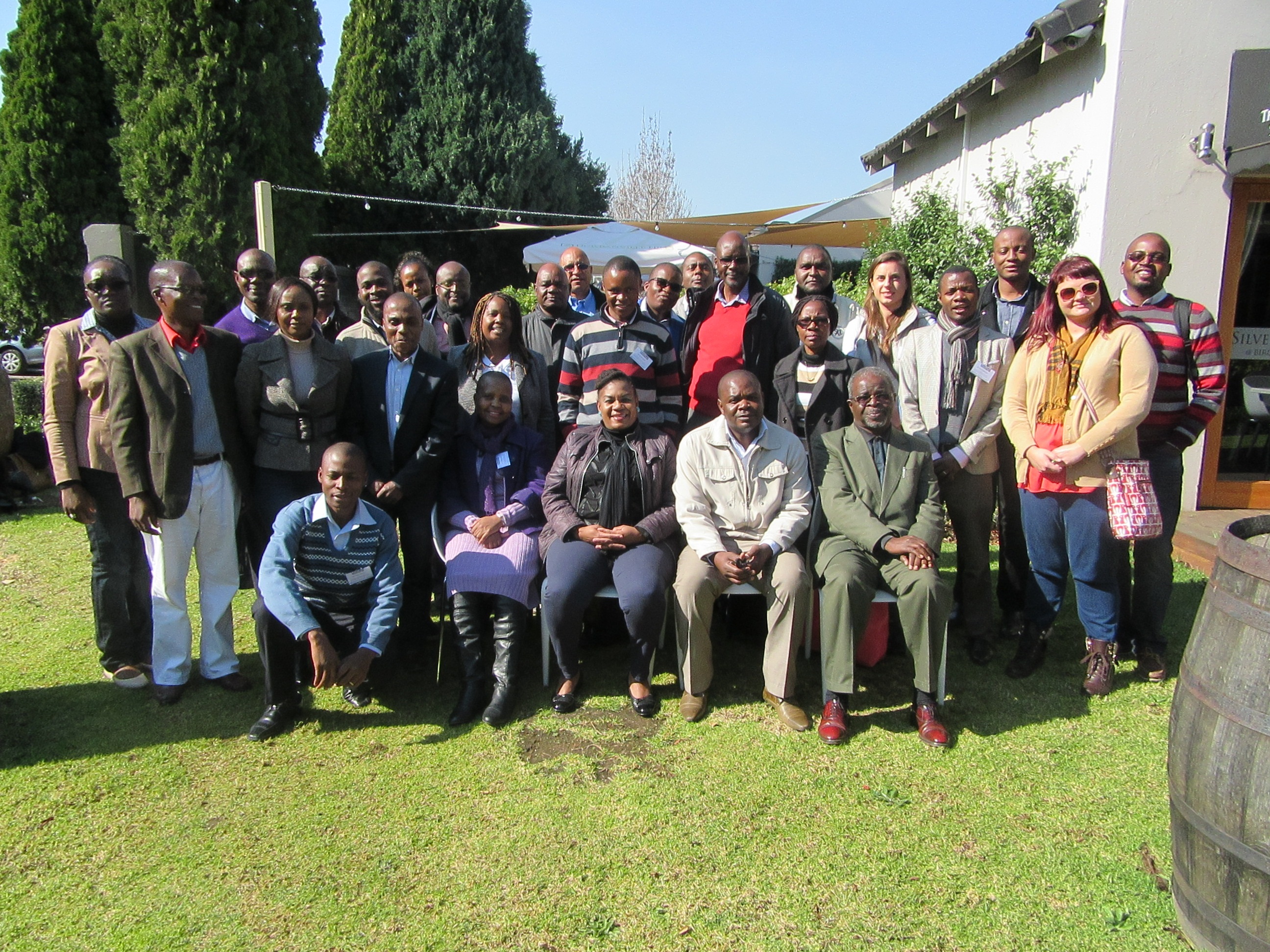Addressing delegates during the opening of the meeting, Mr. Nkobi Moleele from Resilim informed the meeting that the main objective of the atlas is to provide evidence-based analyses on changes in the Limpopo River Basin, including their drivers and outcomes, so as to motivate policy action and the promotion of sustainable development. It was noted that the atlas was also based on previous work done on the Limpopo; namely the Limpopo Monograph Study and the Risk and Vulnerability Assessment done on the Limpopo Basin. Based on such technical reports, the atlas would therefore synthesis and simplify technical knowledge on Limpopo river basin so that planners in basin can easily use for planners in the four countries.
The review meeting of the manuscript was attended by 35 participants from the 4 riparian countries – Botswana, Mozambique, South Africa and Zimbabwe. The meeting reviewed the five chapters of the Atlas:
- Chapter One: Overview of the Limpopo Basin
- Chapter Two: The Basin’s Changing Environment
- Chapter Three: Extreme Weather Events in the Limpopo Basin
- Chapter Four: Changing Livelihoods in a Changing Environment
- Chapter Five: Trans Water Management of the Limpopo – Opportunities for Sustainability
Speaking at the close of the meeting where the Way forward was presented, Ms Egline Tauya from the Southern Africa Research and Documentation Centre (SARDC) informed the meeting that a number of activities in the form of consultations have been done to arrive at the manuscript. The next stage of the production process would involve the technical review and language editing of the manuscript by Grid Arendal. Grid Arendal is expected to also come up with an online version to the Atlas.
Together with SARDC, GWPSA, Grid Arendal and LIMCOM, GWPSA has been involved in the atlas development process. GWPSA has been facilitating the consultation workshops. “The Limpopo River Basin: Atlas of the Changing Environment” project is an initiative of the USAID-funded RESILIM Programme. Significantly, the atlas will contribute to the Regional Strategic Action Programme IV’s three programme areas, notably: programme 5 – assist in infrastructure plans; programme 6 – Water Resources Management for Sustainable Development; and programme 7 – climate change and variability – which shows the impacts of extreme events, flood and drought.
